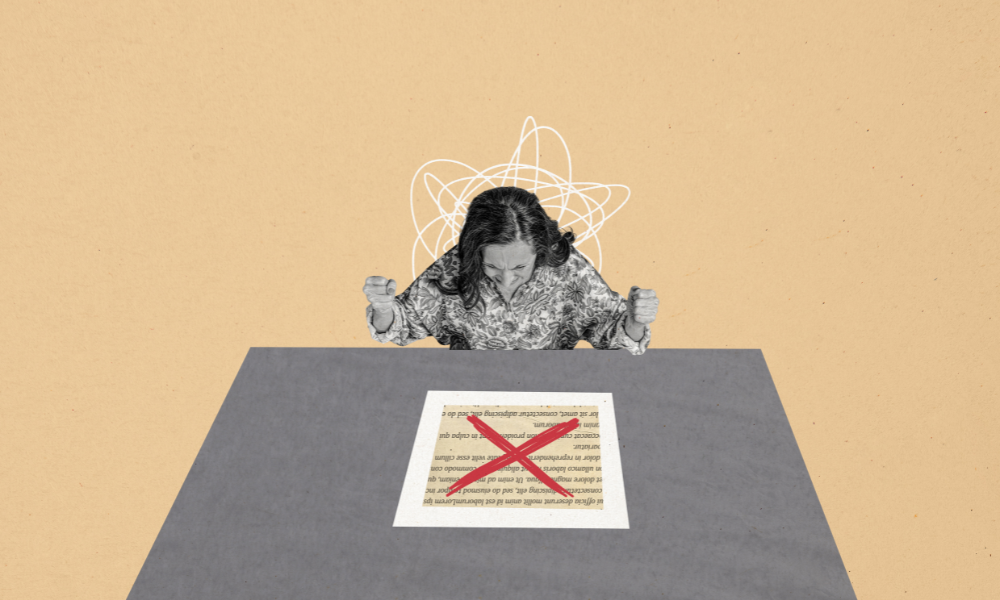Unconscious bias informs the main challenge in hiring decisions for many employers, according to an employment equity audit report published by the Canadian Human Rights Commission.
According to the audit conducted with 18 randomly chosen employers, 50 percent indicated that hiring managers or other authority figures favored candidates with ethnic or other similarities. Moreover, 61.1 percent reported that the selection process represented a barrier for racialized employees, with the primary concerns being a lack of diversity in selection committees and the official language requirement, the CHRC revealed.
In addition, workplace culture was a significant concern for racialized employees at 44 percent of employers, with reported instances of micro-aggressions, discrimination, and harassment. Just 2 out of 18 employers had implemented an employment equity plan with measures to boost the representation of racialized employees in management and executive roles.
Racialized employees are also not afforded the same promotion opportunities as their peers, making career development a concern for 55.6 percent of employers.
Forty-three out of 46 employers who submitted a self-assessment survey indicated they had employment equity plans. Still, just 46.5 percent of these employers said their plans included measures to improve representation in senior positions. Thirty-three out of the 46 had conducted a review to determine obstacles to hiring or elevating racialized employees to senior roles; 63.6 percent of these employers identified the barriers in question.
The CHRC said these findings indicated that while departments and agencies were aware of systemic barriers, practical solutions were inadequate. In light of the International Day for the Elimination of Racial Discrimination, which was commemorated on March 21, the commission urged the Public Service to take “concrete action to remove barriers for Black and other racialized people across Canada’s federal public service.”
“We also reiterate our calls for the federal government to prioritize a long overdue modernizing of the Employment Equity Act so that it can both redress historical harms and effectively address persistent, systemic inequities,” the CHRC said in a statement. “As an employer to over 300,000 employees, the federal public service should be a leader in employment equity, and must set a positive example for others in the Canadian labour market.”





